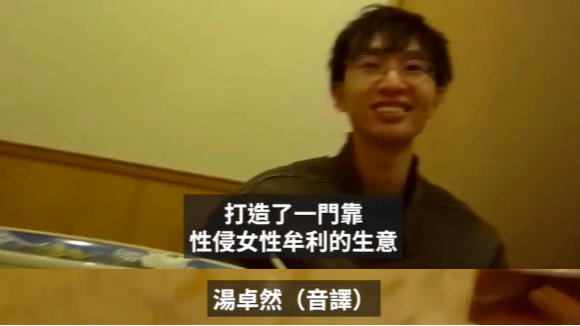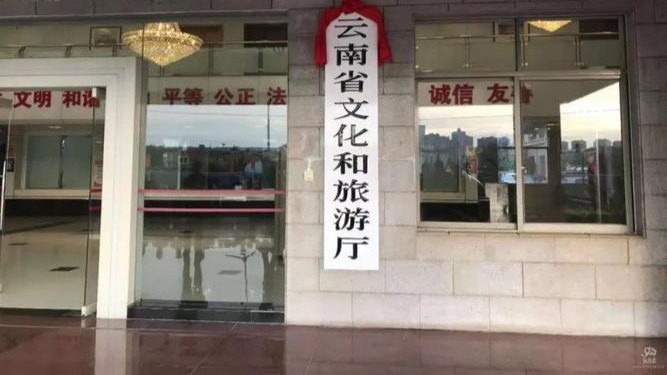inbed和inthebed区别(bié),in bed与(yǔ)in the bed区别(bié)是in the bed指的(de)是睡(shuì)着了,或者(zhě)是躺(tǎng)在(zài)床上,特别(bié)是在床上呆(dāi)了一(yī)阵子(zi)了的。
关于inbed和inthebed区别,in bed与in the bed区别以及(jí)i科兴是美国的还是中国的nbed和inthebed区别,inbed和inthebed区别 where,in bed与(yǔ)in the bed区别,in bed 和(hé)in the bed怎么(me)区别,in the bed in bed的区别等问题(tí),小编将为你(nǐ)整(zhěng)理以下知识:
inbed和inthebed区别,in bed与in the bed区别(bié)
in the bed指的是(shì)睡着了,或者是躺在(zài)床(chuáng)上,特别是在床上呆了一阵(zhèn)子了。in bed指的是躺在床上(shàng)。
当和ill连用时候才指“抱病在床”。
例子:He is ill in the bed.
bed相关短语(yǔ)in bed在床上(shàng),卧病在(zài)床
bed in(炮(pào)手)固定炮位,准备(bèi)射击
be in bed with因(yīn)(某事(shì))卧病(bìng)在(zài)床
be brought to bedv.临(lín)产,分娩
child bed分(fēn)娩
sand bed n.沙(shā)层
seed bed苗床,苗圃,温床,发源(yuán)地
spring bed n.弹簧床
the Procrustean bed n.强(qiáng)求科兴是美国的还是中国的(qiú)一致的(de)政策
bed双语(yǔ)例(lì)句(jù)1、I think it's time to go to bed.
我想该(gāi)睡(shuì)觉了。
2、He's in bed with a temperature of 40°.
他卧病在床(chuáng),高烧40摄氏(shì)度。
3、She would be in bed by now, as like as not.
这工夫她很可能睡了。
4、Could you give me a bed for the night?
今晚你能给我弄个睡的地(dì)方吗?
5、Could you help me change the bed?
你帮(bāng)我换一下床单(dān)好吗(ma)?
in bed和(hé)in the bed的区别
stay in bed和stay in the bed的区别:意思不同、用法不同、侧(cè)重科兴是美国的还是中国的点不同
一、意思不同
1.stay in bed意(yì)思:呆在(zài)床上,卧床休息
2.stay in the bed意(yì)思:呆在床上
二、用法不(bù)码敬同
1.stay in bed用法誉镇:接(jiē)名(míng)词或代(dài)词作(zuò)宾语。
例句:
The doctor ordered him to stay in bed 迟(chí)虚(xū)慎for a couple of days.
大夫叫他(tā)卧床(chuáng)一两天。
2.stay in the bed用法:接名词、形容(róng)词或过去分词作表语。
例句:
On the rainy days, I would stay in the bed gray sky out of the window.
在阴霾的雨天我(wǒ)会静静地窝在(zài)床上,傻傻地看着(zhe)窗外(wài)阴沉(chén)的天。
三、侧重点(diǎn)不同
1.stay in bed侧(cè)重点(diǎn):用于一般将来时和一般现在时。
2.stay in the bed侧重点:用(yòng)于现在进行(xíng)时。
未经允许不得转载:南京少儿险_南京【婴儿重病保险_幼儿教育险_婴儿怎样买保险】咨询_找经纪人沃保保险网 科兴是美国的还是中国的
 南京少儿险_南京【婴儿重病保险_幼儿教育险_婴儿怎样买保险】咨询_找经纪人沃保保险网
南京少儿险_南京【婴儿重病保险_幼儿教育险_婴儿怎样买保险】咨询_找经纪人沃保保险网 










最新评论
非常不错
测试评论
是吗
真的吗
哇,还是漂亮呢,如果这留言板做的再文艺一些就好了
感觉真的不错啊
妹子好漂亮。。。。。。
呵呵,可以好好意淫了